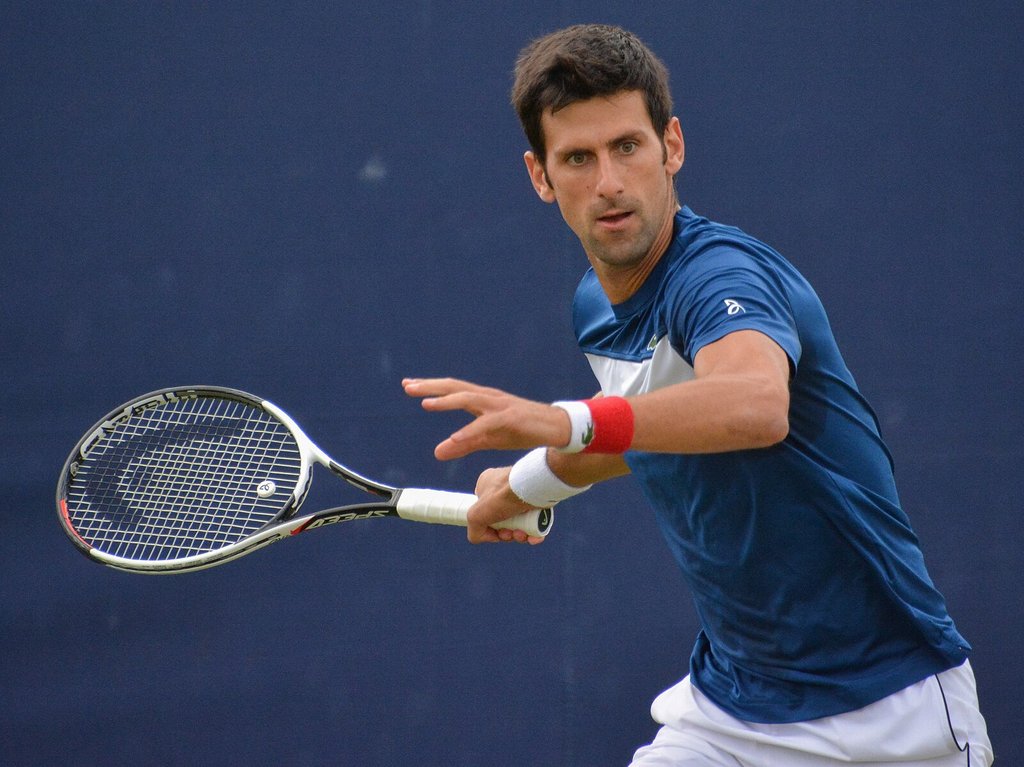We learn new things by copying others. The urge to mimic comes from a deeper need to be “cool” like people we know, because we respect the attention they get or the way they tackle situations. Our early role models tend to be our parents or siblings or teachers and friends. This is how we learn the basics of language, behaviour, values. As we grow older, media brings us closer to people who compete on very big stages and we want to mimic them as well. When I was young, my favourite cricketer used to walk with his collars up, and I used to do the same. Every sportsperson, actor, musician, entrepreneur begins this way. When we start, we probably are at a level of skill which is much much lower than our role models. To cover the gap, we put in our conscious energy and focus into the task to “elevate” our own level of skill. This “startup energy” that we put into something is what I call “inspiration”. Sometimes when we get started, we find the right “levers” (talent) to expand our skill, sometimes we don’t. If we find them, then can be incredibly useful to help us become great at what we do.
To be inspired from someone you should know the person, and not just their skills. It is ideal to know them in real life or be able to observe them carefully. How they think, why they think the way they do, their childhood, how they plan their moves, their body language, their own explanation of their success and so on. The more you know about someone, the more easily you are able to mimic their behaviours and the more likely you might latch on to something that makes them tick. So being “visible” is very important to being inspirational. This is also why people are always happy to share their thought processes and their stories to others, so they can get “inspired” as well.
We saw this in the golden era of tennis that just ended. Roger Federer, Rafa Nadal and Novak Djokovic each won more than 20 grand slam titles, more than any other players in any other era. Each one of them was inspired from the other to keep going and keep winning titles. They have played each other for almost 2 decades and I am sure they analysed each others’ game, strategy and philosophy to the death. "For many years, I saw them more often than my mother," said Djokovic in an interview "We weren’t close friends, but I can say that we got to know each other well.”

Novak Djokovic was part of the Big Three of world tennis with most titles. Photo credit: Wikipedia
This is also what happens in Silicon Valley. If you happen to be in the bay area, you will see so many startups that you will automatically get the “startup energy” to do something of your own. This energy will push you to start focussing and pushing yourself to higher and higher levels of skill, cognition, and resilience. You will find a set of entrepreneurs who you want to emulate and then start competing with them. At some point, even though we may have begun by mimicking, we surpass the original and enter into a level of our own. This is what creates a “wow” feeling that becomes inspirational to others, the point where the student surpasses the master. You learn language from your teachers, but then you may learn to expand your vocabulary on your own, leading to a whole new level of skill. This is how original work probably happens. You start by playing catch-up, but then you just unlock new levels of skill and keep going much beyond the benchmark. When you are in an environment where people are talented are constantly hitting new levels, it can be an exhilarating experience. Like a chain reaction, each person produces a spark that creates more sparks.
If I look back at whatever success we have had at Frappe (specially in engineering), I believe this is the key reason. I was “inspired” by the original tech entrepreneurs - Bill Gates and Steve Jobs. Even though I did not know them personally, I had a few people in my family and friends who were already tech entrepreneurs. That gave me the “startup energy” to start something new of my own. Later as Frappe grew and added talented people, they were able to see my “achievements” and surpass me in their own way. Seeing a product developed in front of them, pushed them to build their own and suddenly there was an explosion of new products at Frappe.
To be this “inspiration” driven company, we not only needed the right talent and hunger, but also a very competitive yet supportive environment. We celebrated great products and design, and people understood was “cool”. Whenever I saw a spark (startup energy) in someone, I pushed them to venture out on their own and set their own standards. At the same time, I was clear that Frappe was a place for exceptional people and set high standards for everyone. Too often, companies constrain inspiration and force people to work on “useful” things only (yes, they are useful for a reason). Inspiration is not about utility, but about being able to do something magical and create a mark of your own. Great companies balance both.
I believe inspiration is necessary to do great work, while useful work is required to keep the momentum going. If you are not driven to catch-up and beat someone, you will never surpass them. Most people are stuck into mundane things and to-do lists, rather than trying to study role models and emulate them. You need to do both. To be an inspired company, it is the job of the leaders to first do inspired work themselves, and then inspire others to emulate and surpass them. In inspirational teams, there are always some people who perform much better than what is expected from them. In teams where the goal is just to “survive” or “get a pay check”, the work quickly becomes mediocre. A great company requires at least few people to set benchmarks, and then challenge, or inspire the rest of the team to meet or surpass them.




·
After trying various ways to push the team toward better results, I’ve realized that true success comes from internal motivation, not constant monitoring. This article beautifully reinforces that idea — great work is fueled by inspiration, not obligation. We’ve seen how celebrating achievements and learning from role models sparks real growth. It’s a reminder to lead with trust, recognize passion, and create an environment where people feel proud of what they build. That’s what makes a company a place worth being part of.
·
Spot on, Rushabh! I've been sharing similar thoughts with my core team. Setting clear goals and then challenging to surpass them is key. By setting benchmarks, we inspire others to push boundaries and strive for excellence. Great read - can't wait to see this in action!